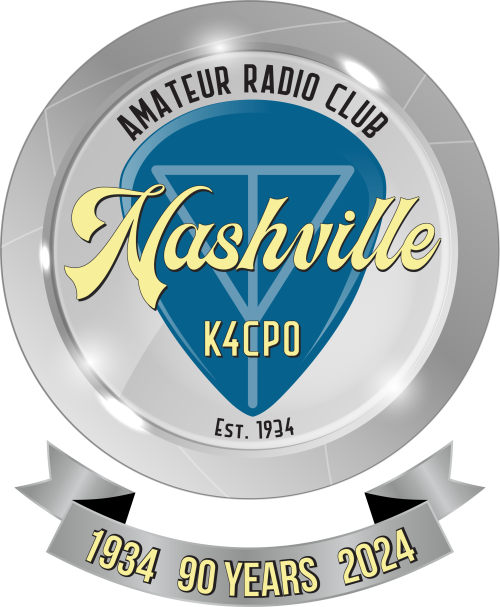When anyone first gets into a hobby, they have questions, lots of questions. Some of the answers can be found in books or online, but like any hobby, ham radio has a lingo all its own. For the newcomer, the lingo can be very intimidating. Being in a club allows one to absorb some of the language just by hearing it in context. Most hams are only too happy to explain it to someone else as well.
Where the question of equipment is concerned, the choices are overwhelming. Club members can make sense of the choices and direct the tyro to solutions that make sense for his or her unique situation. People live in different kinds of communities and have different restrictions on what they can put up for antennas. Within the home, the space available for Amateur Radio might be a whole room, or it might be just a little space on a desk somewhere. Spouses also have different ideas on what and where they will be happy with radios in the house or the car. Since family always must come first, the advice of more experienced operators can be invaluable in getting Amateur Radio and your own personal zoning board to happily coexist.
Inevitably, at some point the new ham operator is going to come up against a problem. It could be equipment related or antenna related or any of dozens of other problems. Trying to work it out alone can be difficult to say the least. If you belong to a club, it is a simple task to ask another member with more experience for help or advice. Down the road, someone will be asking you similar questions and suddenly you realize that you have become the expert that newcomers look to for help.
More Than Just Radio
Most ham operators have more interests than just Amateur Radio. They may be expert gardeners, woodworkers or collectors. By joining a club and participating actively in it, you can avail yourself of the friendships and social contacts that the club provides. Who knows, you likely bring a skill or an experience level to the club that others will see as valuable too.
Another area where belonging to a club brings benefits is in the area of what I call “the big project.” If there is a need for a tower to be erected, or some other large job, club members can be counted on to band together to get it done, whether for the club as a group, or for the benefit of an individual member. Just remember to reciprocate on the next “big project” for someone else.
At the ARRL Web site you can find affiliated clubs in your area searching by ZIP code, section or state. Visit several of them to find one that suits your interests. Then join one or more of them. Also join the ARRL. The services provided to the members and the publications they put out are a cornerstone of the hobby. You will find the The ARRL Handbook (as just one example) on the bookshelf of almost every professional electronics engineer in the world.
The ARRL is Amateur Radio’s most important representative to the FCC and to the world. They protect our spectrum from encroachment by vested interests and speak for us to the government. They also do much more, but that would take a whole book to describe. Just a few of the benefits are affordable insurance on your radio equipment, awards, e-mail forwarding, license renewal, technical information and regulatory information.

